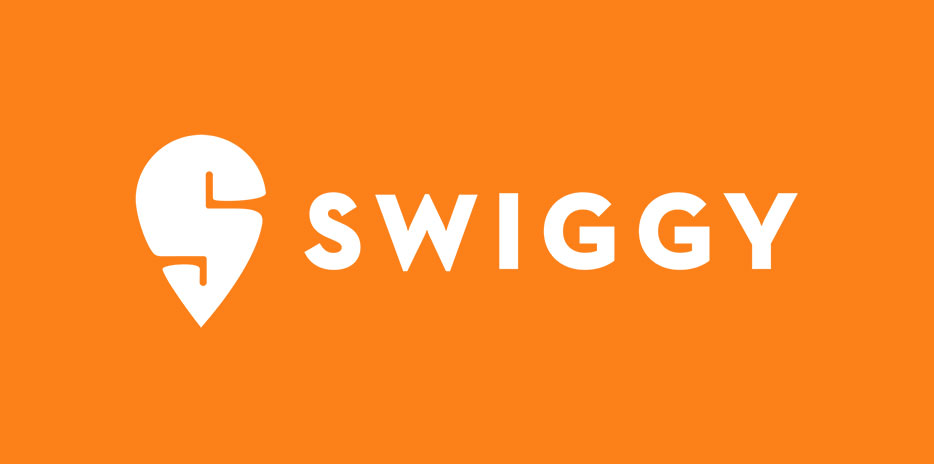The importance of a name often starts way before your experience of the product or feature in the market. Not restricted to just branding and marketing, names are essential everywhere. For a good, lasting impression in the time where consumers nit-pick on every aspect of a brand, naming can be a little bit of a tedious business.
However, getting through the naming process, if done correctly, gives you about just the right leverage to appeal to an audience that will associate your brand with not just its coined identity, but also a persona that is retention-friendly among the hoards of competitors.
For a lot of brands that provide services, a serious win is considered when the brand name turns into a verb of the said service. Take for example, Swiggy that started off proving the service of being a food delivery intermediate between restaurants and homes.

A string of letters that sound funny together (SWIGGY has just about no romanticism attached) and barely have meaning to turn into a universally understood service is an indication of the brand’s marketing efforts and novel sort of branding.
Similarly, Google, previously (un)known as Googolplex, renamed itself following research that confirmed that the word ‘Google’ was often used to misspell the actual brand name. Thus, by riding the waves, Larry Page achieved a lot more success misspelling his brand for the sake of the audience than keeping it as intended.
The science behind these name-tags aren’t well, quantum physics, but the impact is just as important. Since brands are foremost, a personality made to endear itself to the audience, a memorable name or even a slightly off-beat one has known to generate more inquisitivity to help understand the relevancy.
Having said this, it is still a delicate process and often requires extensive research in order to offend the masses. The first step is to understand how the consumers perceive your brand, and sometimes, even the personality of the stakeholders involved.
Take Elon Musk’s company – The Boring Company. The irony and dry humour not gone unnoticed, The Boring Company is exactly what it does – Mining. Given Elon Musk’s popularity and a sneaky bone for the jokes, it made sense to the brand to have a name that would reflect Musk’s personality while at the same time explaining what the brand offered.
Amazon had a simple brief. It wanted to start with the letter ‘a’ and a word that would singularly explain the magnitude of products and services offered by them. The name Amazon was thus the right connotation to suggest something as vast and vague, similar to the Amazon rainforests. The association was made instantly and barely required reinforcements to explain the identity to the consumers.
On the other spectrum of this lies Apple’s slightly try-hard attempt at naming their products while appearing nonchalant. Apple X, though intended to be called as ‘ex’ did try to portray the letter as the Roman numeral instead. The con? It was NOT the 10th version of the iPhone to be released. Misusing conventions creates confusion.
An unsaid rule of naming brands is this: You cannot name your brand something it doesn’t offer or associate with if you cannot weave a related story out of it. Similar to the heart of branding, go with what resonates; not just with you, but the target audience. To be recognised for the capabilities of your performance and the promise made to consumers is probably a more lasting theme than something quirky that backfires over time.

The Brandless brand is a personal favourite. Aiming strictly at creating a culture that works against the popularity of established brands, The Brandless brand incorporates in its elements the same. Their packaging of household goods is minimalistic and straightforward. It promises the basic details, a colour to symbolise said product (red for ketchup, blue for cleaner etc.) and the the reminder that it is brandless™.
Familiarity breeds, well familiarity. To this we say that sew through the internet and its requirements. SEO dictates what the consumers want and in order to be the first choice, a brand name that is immediately available following a Google search is the smartest hack into the game.
CheapAccounting.uk is the perfect example for the same. A favourite for SEO searches, brand promise and identity all in one, the company has tricked its way into the minds and search boxes of the consumer.
In conclusion, what is important for the brands is to decide if the emotional element is worth the salt. Creativity is the way to go, but surely function trumps perspectives as well? The right way to go about it is being open to ideas, seeing the potential in divergent thinking and keeping in mind that the drill to the consumer’s mind lies in the reliance of your branding and offerings.